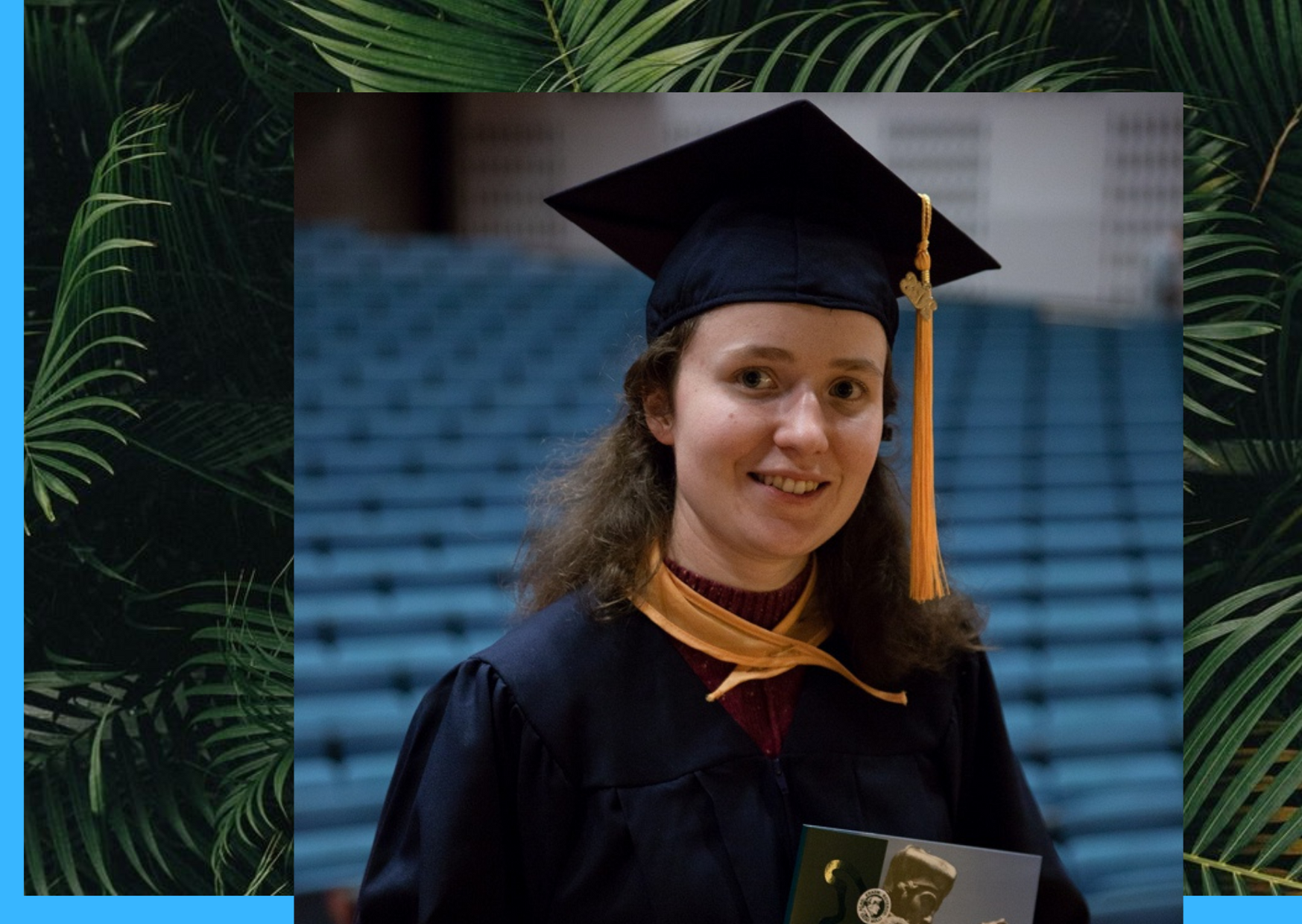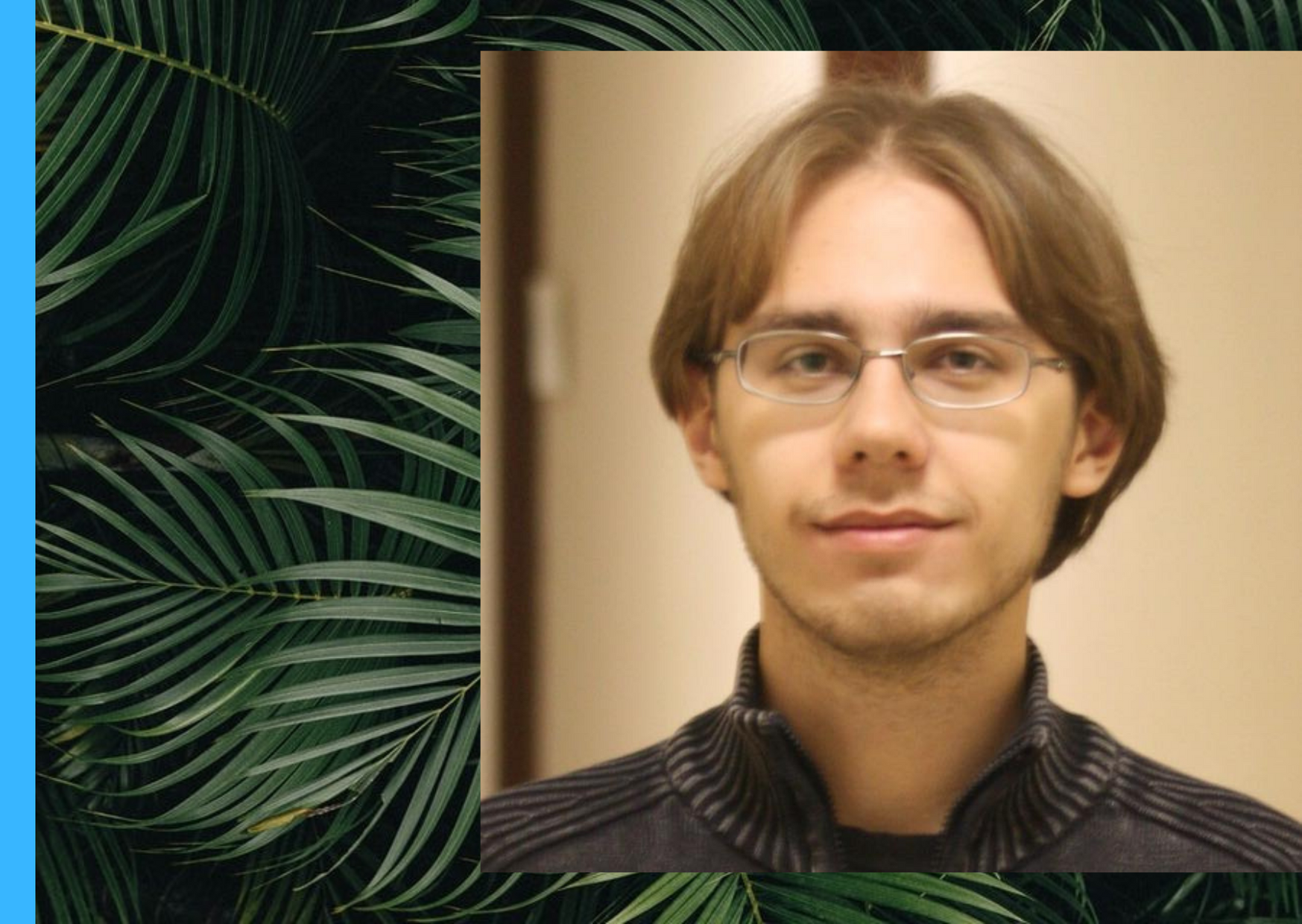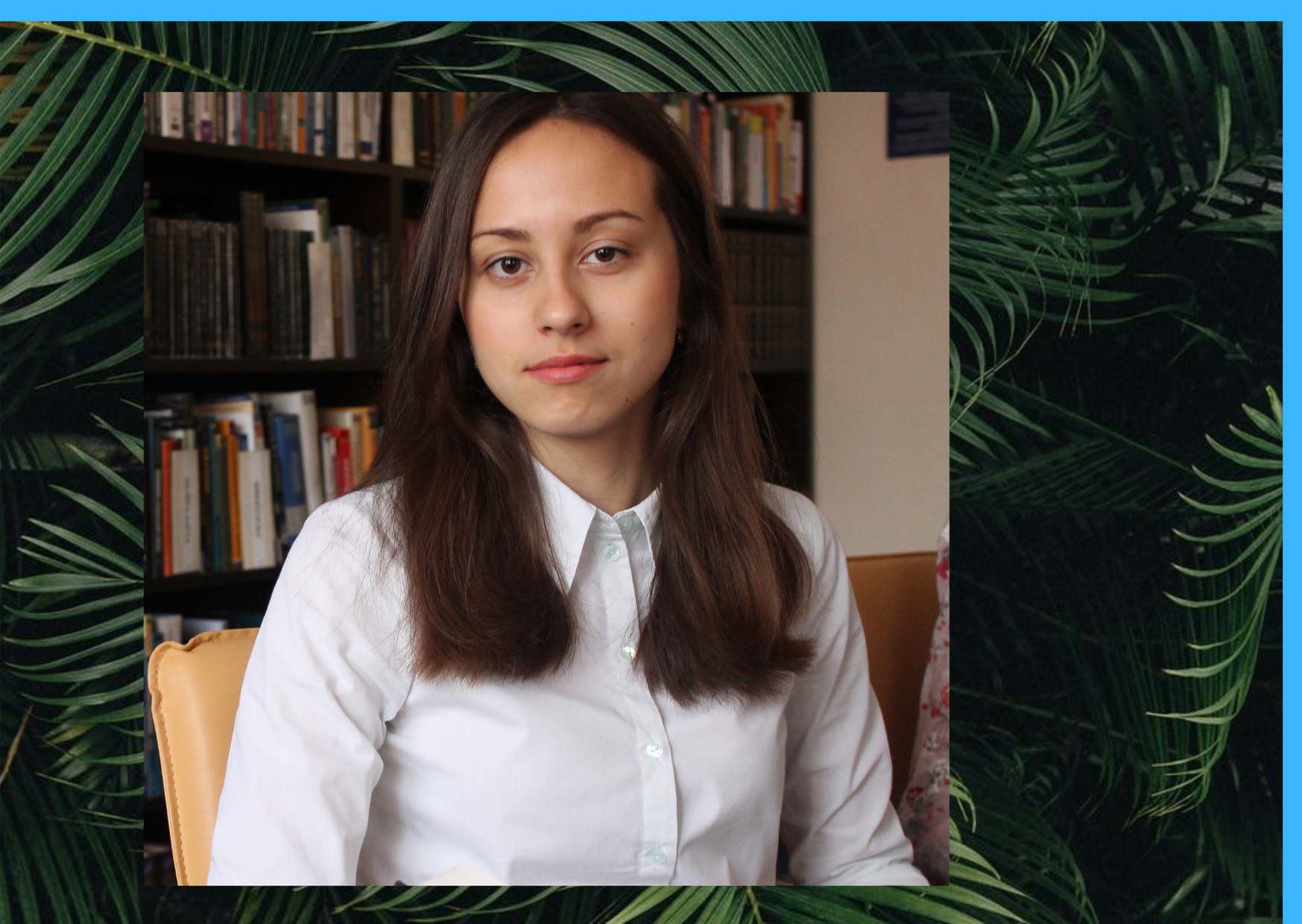'Your interest in the topic is a key contributor to successful thesis defense'

As last year, master's thesis defenses have been moved online at ICEF. Defending their papers were thirty-six majors in Financial Economics. The thesis by Varvara Ushakova, titled The Impact of Economic Incentives on Dishonesty, earned special mention of the board as unique among its kind in HSE’s history of thesis defenses. We asked the graduates how they chose their topics, what they learned from their research supervisors at ICEF, and where they see themselves applying their knowledge.
Varvara Ushakova, master’s thesis title: The Impact of Economic Incentives on Dishonesty
In my first year, I felt my research area and topic weren’t actually what I really wanted to explore academically. Choosing a topic for my master’s thesis has proved rather challenging, since my previous term paper appeared of little interest to me.
One of the most interesting courses for me as a bachelor's student was Behavioral Economics, so I decided it would be good idea to explore it on a new level during my master's studies.
As a research topic, behavioral economics doesn’t spark a lot of interest among master's students. My thesis was off the beaten track
I started off by making a list of topics that seemed interesting to me to explore. And then I reviewed the literature on each of them to finally arrive at what seemed closest – the impact of economic incentives on dishonesty.
The phenomenon of fraud and honesty turned out to have been explored in detail also by my research supervisor, Alexey Belyanin. Many of his papers helped me to build the strategy for my own experiment, for which I used some new techniques. Normally, all classroom experiments take place in the laboratory, but laboratory studies seemed no longer an option due to the pandemic.

Students in Western universities are able to use a special platform based on Amazon MTurk for their online experiments, which, unfortunately, cannot be accessed in Russia. I used Yandex.Toloka as an alternative. I have got not only the results that proved non-obvious and least expected, I have obtained a large sample which wouldn’t have been possible in an offline laboratory.
At the end of the day, this academic year has given students and universities some unique experience. With nearly all courses and exams moved online, it offered greater convenience to those juggling studies with employment or job search. On the downside, however, our class was missing out on communication and face-to-face interaction with our faculty. I was lucky in that regard, though. My research supervisor was always available for face-to-face discussion at the university.
Evgeniy Zalyubovskiy, master’s thesis title: Extended Backward Induction
My path to the diploma was out of the usual: my thesis topic had to be changed multiple times. This sometimes happens when your thesis is focused mostly on theory. In the end, I was able to find that very topic that appeared interesting to me, my supervisor and the board.

My research supervisor was Emiliano Catonini. We found common interests at one of ICEF Academia events, which led us to work together. Working with Emiliano Catonini has cultivated in me the independent research skills, and I know I will benefit from this when doing a PhD. I learned that for my research to be fully productive, I need to be able to generate ideas myself. I should be able to carefully study the proposed literature and formulate questions clearly in my search for solutions. I think I’ve managed to handle that fine line, while working with Emiliano, between blindly following the instructions of your supervisor and staying independent in your research, cultivating an internal mentor and analyst.
After graduation I am planning to first gain experience in the industry before preparing myself for a PhD programme abroad. I don’t think the game-theory models that I used for my thesis will be the first thing I’ll need at work, but I will definitely benefit from the analytical thinking skills, ability to interact with colleagues and managers, and surely the knowledge I have gained during my studies to build a career at a new level.
I do think that ICEF master's programme is one of the best of its kind, not only in Russia. It has a perfect balance between applied and academic courses, while maintaining a very high level of training in theory and practice. A programme as unique as this does pose high requirements to students, but those who cope end up not only with their long-desired diplomas, recognized by employers and universities globally, but also excellent prospects.
Ekaterina Mitrokhina, master’s thesis title: The Effect of COVID-19 on the Labor Market Structure: Evidence from Russia
I have always thought of ICEF as where science and industry come in their best combination. Here, I finally learned how to learn and figured out what I wanted to be professionally. In addition to financial courses, ICEF’s programme offers Econometrics, Machine Learning, and Programming, designed to give students a versatile experience and help them to enter the workplace more confidently.
There are several reasons why my master's research has proved a success. I chose a topic that seemed interesting to me to explore – The Effect of COVID-19 on the Labor Market Structure: Evidence from Russia – and I used a method I was well familiar with. Your interest in the topic is a key contributor to successful thesis defense. It’s what inspires and drives you to continue and improve your research. Along with this, I had a brilliant supervisor, Vitalijs Jascisens, who never failed to give useful comments to guide me through my work.

There were two topics of the multitude of options I made brief enquiries into and was considering together with my research supervisor. We started with the phenomenon of self-employment and then switched to NGOs in Russia to finally arrive at Russia’s labor market during COVID-19 as the final choice.
I am preparing for a job in the industry. I would like to work as an analyst. I hope my research paper writing skills will be useful in my job, given the large scope of customer and product research being undertaken by so many companies. In general, the ability to pose a question, put forward a hypothesis and choose adequate study method is always an asset that helps one to build a career in a more effective way.
Inas Nadrus, master’s thesis title: ETF Liquidity Mismatch
I chose a rather ambitious topic for my thesis, which required a lot of time to explore and kept me working on it almost non-stop throughout the academic year. It was very useful to present the preliminary results at ICEF Academia Research Conference to see if I was able to explain the subject matter to those who are not familiar with my field of research. That conference also proved useful in terms of comments I received from the faculty of ICEF, which made me take a look at my task with fresh eyes and boosted my motivation.

I worked very closely with my supervisor, Vincent Fardeau, discussing my ideas and results. My efforts weren’t always fruitful, as is often the case with theoretical studies, but my every discussion with Professor Fardeau gave me such a tremendous charge of energy and inspiration that I was eager to submerge myself in exploring more. Along with thesis writing, I could turn to my supervisor for advice at any time. We often discussed my prospects of academic career. After I received a grant from ICEF to attend any scientific conference on finance or economics to my choice, Professor Fardeau kindly offered his guidance on which one to attend.
To be honest, the opportunity to be guided by my supervisor and to learn from him was probably the coolest experience I gained from ICEF master's programme
I enrolled in Master programme in Financial Economics with the clear objective of preparing for a PhD in finance in Europe. ICEF Master’s programme has surpassed my expectations. Its greatest asset is its people – the faculty staff of the highest level, who earned their academic degrees from the world’s top universities and who are really passionate about what they are doing, and the students, of course. Nowhere else have I seen such a high concentration of intelligent, talented and motivated students.
Now as a full-time employee, I know that work can be incredibly interesting and satisfying, but I haven’t abandoned my plans for academic activity. ICEF offered me to teach classes in financial economics to 1-year master’s students and I decided to try. Next year promises to keep me very busy.